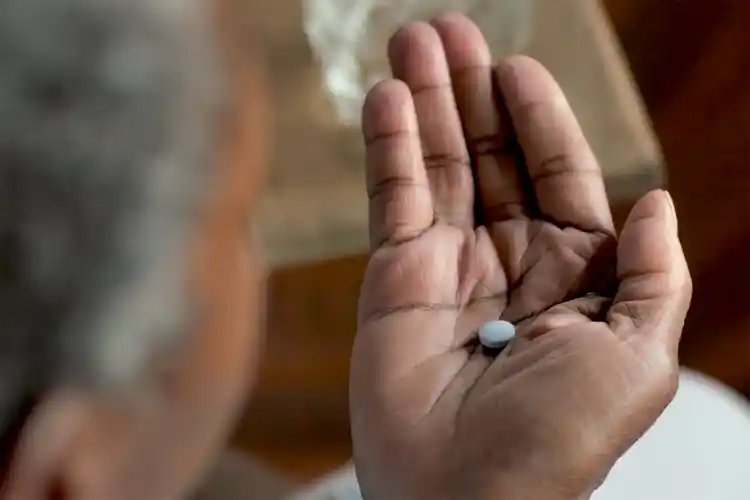Treatment Timeline

Hide Video Transcript
Video Transcript
[MUSIC PLAYING] RANDALL TRUDELL: So the important thing with multiple sclerosis is initiating early treatment to prevent more trouble. We're not very good at fixing trouble. We're very good at preventing trouble. So once people present with MS, it's important to get on medicine to prevent further trouble. Now that medicine typically doesn't make the problem you've already had better, but often that will go away on its own.
The important thing is, let's keep you from having any more trouble. Similar to when people have a stroke, often we can't fix the stroke, but we want to prevent you from having more strokes or from it worsening. Similarly to MS, we really want to prevent any further trouble, and we've actually gotten fairly good at preventing further relapses.
[MUSIC PLAYING]
Ideally, with early treatment, whatever medicine you start with is going to stay with you. Now, having said that, if you're on a medicine to prevent problems and you go ahead and have another relapse or your MRI scan shows new spots, then that medicines failed, and we will switch to another medicine. So the current goal is to get rid of any evidence of disease activity.
So if you have new trouble, the medicine is bust, and we need to go to a different medicine. We have, depending on how you count, 12 or 14 medicines specifically to prevent relapses. So if one of them is not working, we're going to switch to something else.
[MUSIC PLAYING]
Most of the medicines that we use when people initially have MS, are initially diagnosed with MS, are oral medicines, pills. Once a day, twice a day, it should take all the time. And you'll stay on that medicine until you've had it long enough that we know that your risk of relapse is behind you, and that's typically 20-25 years, sometimes longer. We're learning more about when we can stop these medicines, but I would think of it not necessarily as permanent but as indefinite or at least until we get better treatment to get rid of the process altogether.
[MUSIC PLAYING]
If those oral medicines are not adequate, that is if you're on a medicine and you're still having new relapses, then there are several IV infusions. You'd go and get an infusion every six months, every month. And those medicines typically are higher potency. There's now new versions that actually are shots that you give yourself once a month. There's sort of a hierarchy of moving up to more potent medicines when the medicine you're on is inadequate to prevent new trouble. The goal, again, is prevent new trouble.
The important thing is, let's keep you from having any more trouble. Similar to when people have a stroke, often we can't fix the stroke, but we want to prevent you from having more strokes or from it worsening. Similarly to MS, we really want to prevent any further trouble, and we've actually gotten fairly good at preventing further relapses.
[MUSIC PLAYING]
Ideally, with early treatment, whatever medicine you start with is going to stay with you. Now, having said that, if you're on a medicine to prevent problems and you go ahead and have another relapse or your MRI scan shows new spots, then that medicines failed, and we will switch to another medicine. So the current goal is to get rid of any evidence of disease activity.
So if you have new trouble, the medicine is bust, and we need to go to a different medicine. We have, depending on how you count, 12 or 14 medicines specifically to prevent relapses. So if one of them is not working, we're going to switch to something else.
[MUSIC PLAYING]
Most of the medicines that we use when people initially have MS, are initially diagnosed with MS, are oral medicines, pills. Once a day, twice a day, it should take all the time. And you'll stay on that medicine until you've had it long enough that we know that your risk of relapse is behind you, and that's typically 20-25 years, sometimes longer. We're learning more about when we can stop these medicines, but I would think of it not necessarily as permanent but as indefinite or at least until we get better treatment to get rid of the process altogether.
[MUSIC PLAYING]
If those oral medicines are not adequate, that is if you're on a medicine and you're still having new relapses, then there are several IV infusions. You'd go and get an infusion every six months, every month. And those medicines typically are higher potency. There's now new versions that actually are shots that you give yourself once a month. There's sort of a hierarchy of moving up to more potent medicines when the medicine you're on is inadequate to prevent new trouble. The goal, again, is prevent new trouble.
